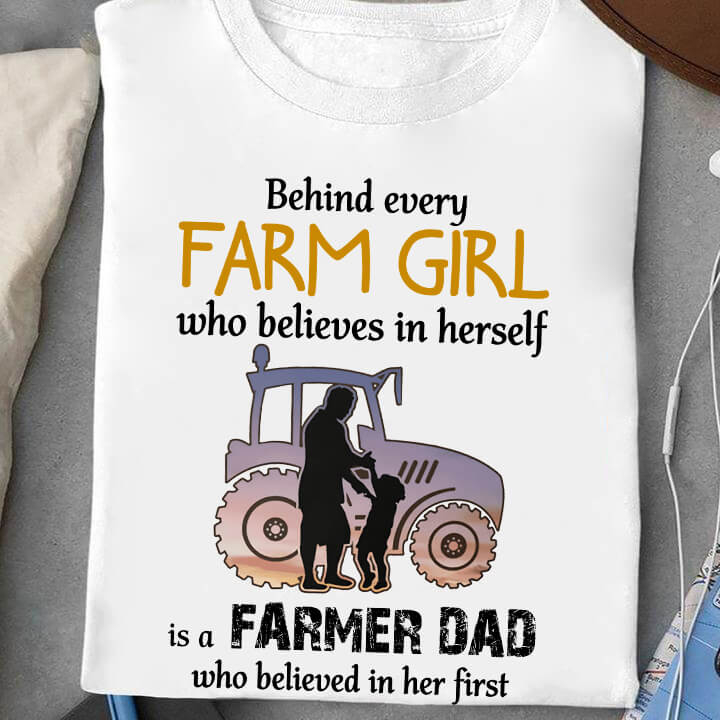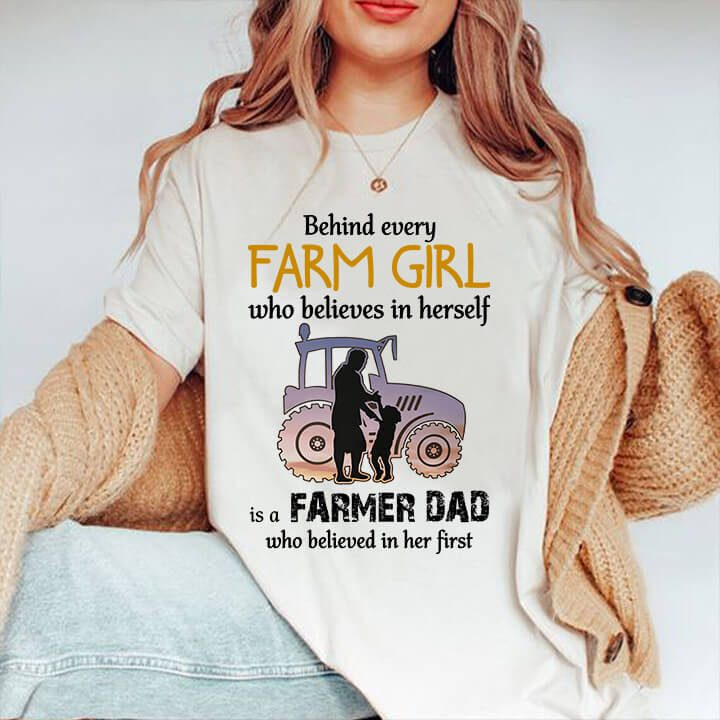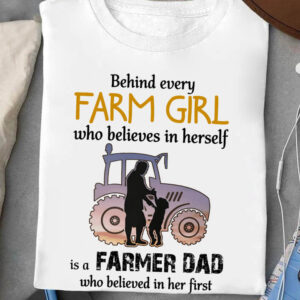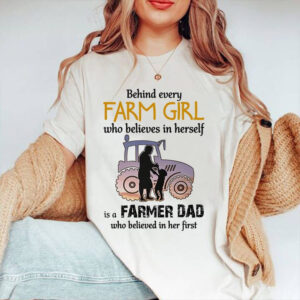Behind Every Farm Girl: The Strength and Resilience of Women in Agriculture

Table of Contents
- Introduction
- The History of Women in Agriculture
- Challenges Faced by Farm Girls
- Empowering Women in Agriculture: Success Stories and Initiatives
- <ahref”#case-studies”>Case Studies: Inspiring Women Farmers Making a Difference
Introduction:
Women have played an integral role in agriculture throughout history, yet their contributions often go unnoticed. Behind every farm girl lies a story of strength, resilience, and determination. This article aims to shed light on the experiences of women involved in agriculture, highlighting their challenges, successes, and the initiatives that empower them.
The History of Women in Agriculture:
Throughout history, women have been actively involved in agricultural practices. From tending crops to raising livestock, women have played a crucial role in sustaining communities and ensuring food security. However, their contributions have often been overshadowed by societal norms and gender biases.
In ancient civilizations such as Egypt, Greece, and Rome, women were responsible for managing household gardens and small-scale farming. In medieval Europe, women worked alongside men in the fields during peak seasons. The Industrial Revolution brought significant changes to agriculture, with many men leaving rural areas for factory jobs. This shift led to an increased reliance on women’s labor in agriculture.
Despite their vital role in farming communities worldwide, women faced numerous challenges throughout history that limited their opportunities for growth and recognition.
Challenges Faced by Farm Girls:
Gender Inequality and Stereotypes:
One of the primary challenges faced by farm girls is gender inequality within the agricultural sector. Traditional gender roles often dictate that farming is a man’s job while relegating women to supporting roles or domestic responsibilities. These stereotypes perpetuate the notion that men are better suited for physically demanding tasks while undervaluing the skills and capabilities of women.
This bias not only affects how society perceives farm girls but also impacts their access to resources such as land ownership rights, credit facilities, training programs, and leadership positions within agricultural organizations.
Limited Access to Resources and Education:
Farm girls often face barriers when it comes to accessing essential resources like land tenure rights or financial services needed for agricultural activities. Discriminatory practices prevent them from owning or inheriting land independently—a critical factor in building sustainable livelihoods.
Furthermore, limited access to education hinders farm girls’ ability to acquire knowledge about modern farming techniques or business management skills necessary for improving productivity and profitability on their farms.
Balancing Workload and Family Responsibilities:
Farm girls often find themselves juggling multiple responsibilities, including farm work, household chores, and caring for their families. The demanding nature of agricultural activities leaves little time for self-care or pursuing personal interests.
The lack of support systems and infrastructure further exacerbates the challenges faced by farm girls in achieving a healthy work-life balance. Access to affordable childcare services, healthcare facilities, and transportation options is crucial in alleviating some of these burdens.
Empowering Women in Agriculture: Success Stories and Initiatives
Despite the challenges they face, many women have overcome barriers and made significant contributions to agriculture. Their success stories serve as inspiration for aspiring farm girls worldwide.
Case Studies: Inspiring Women Farmers Making a Difference
1. Jane Smith – Breaking Gender Stereotypes:
Jane Smith from Iowa defied societal expectations by taking over her family’s farm after her father’s passing. She successfully transformed the traditional corn and soybean operation into an organic vegetable farm that supplies local restaurants and farmers’ markets.
2. Maria Rodriguez – Sustainable Farming Advocate:
Maria Rodriguez from Costa Rica is a pioneer in sustainable farming practices. She implemented agroecological techniques on her coffee plantation, reducing chemical inputs while improving soil health and biodiversity. Her success has inspired other farmers to adopt similar practices.
These case studies highlight the resilience, innovation, and determination displayed by women in agriculture worldwide.
Conclusion
Behind every farm girl lies a story of strength, resilience, and determination—a story that deserves recognition and appreciation. Despite facing gender inequality, limited access to resources, and balancing multiple responsibilities simultaneously—farm girls continue to make significant contributions to agriculture globally.
To empower women in agriculture further:
– Society must challenge gender stereotypes within the sector.
– Governments should implement policies that promote equal access to resources such as land, credit, and education.
– Agricultural organizations should provide training programs and mentorship opportunities specifically tailored to women’s needs.
– Communities must support farm girls by establishing childcare facilities, healthcare services, and transportation options.
By recognizing the invaluable role of women in agriculture and addressing the challenges they face, we can create a more inclusive and sustainable future for farming communities worldwide.
Anyone Can Be Dad But Takes a Special Kina Idiot – Shop now!






 [/accordion-item]
[/accordion-item]





 Proudly manufactured in the USA. Experience the exceptional quality and craftsmanship that comes with American production.
Proudly manufactured in the USA. Experience the exceptional quality and craftsmanship that comes with American production.
















